Coalition’s claims on ‘rigged’ voice vote must be called out
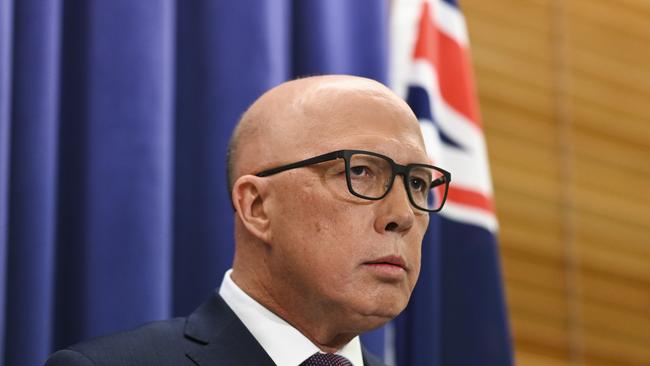
These claims need to be called out. They are not only false, they are also irresponsible and harmful to our democracy. Statements such as this from senior leaders erode public confidence in our institutions and electoral processes. They do so despite an absence of evidence of a problem. In fact, Australians can be proud our electoral system is one of the most free and fair of any in the world.
The voice referendum is being run according to rules set down by our elected representatives in parliament and administered by the independent Australian Election Commission. The process is transparent and subject to multiple checks and balances. These include having scrutineers at counting centres, the possibility of recounts and the right to dispute the outcome of the referendum in the High Court.
AEC officers are impartial and can even be jailed for up to six months if they seek to influence a person’s vote. Unlike in the US, there is no opportunity for partisanship in the administration of our elections and referendums.
Unfortunately, some people are not letting the facts get in the way of a good conspiracy theory. This is Australia’s first social media referendum, and it is unsurprising that those platforms are full of misinformation and lies about the referendum. What has changed over recent days is that this has moved from misinformation about the voice to false claims about how the referendum is being conducted. As recent US experience shows, this becomes a far more serious problem when misinformation is given credence by politicians and weaponised to secure political advantage.
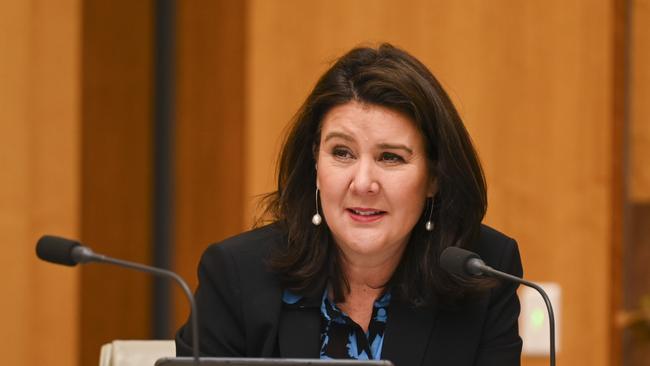
Dutton’s suggestion that the referendum was “rigged” responded to ticks on the ballot paper being counted as a Yes vote but crosses not being counted as a No vote. This also led shadow minister Jane Hume to raise questions about the integrity of the vote.
Former Nationals leader Barnaby Joyce portrayed this as a sinister new development because “in previous referendums in this nation, people have certainly marked their ballot sheet with a cross and it’s been accepted”. Joyce is not correct, at least for referendums since 1988. The same method of counting ticks and crosses was also applied in the 1999 referendum.
In accordance with past practice, voters will be directed on October 14 to mark their ballot paper yes or no. A small percentage of voters will fail do so and will vote informally (amounting to less than 1 per cent of ballots cast at the 1999 referendum).
Parliament could require these informal votes to be discarded. Instead, it decided they should be counted if the voter has indicated a clear preference. Hence, a savings clause passed by parliament directs the AEC that: “Effect shall be given to a ballot paper of a voter according to the voter’s intention, so far as that intention is clear.”
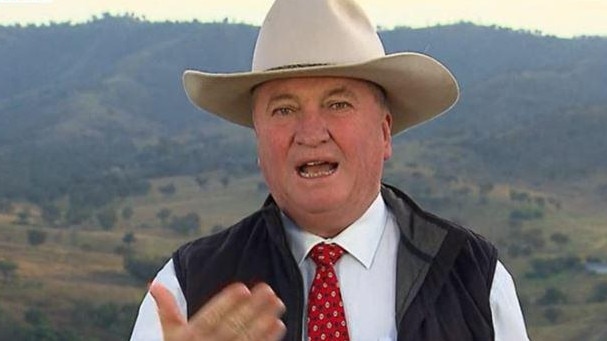
This savings clause implements parliament’s view that ballots expressing the voter’s preference should be counted even if the voter has not followed the instructions by writing yes or no. The same approach to rescuing ballots is applied in parliamentary elections and reflects priority being given to recording the wishes of voters over compliance with the form. Past parliaments under the control of Coalition or Labor governments could have changed this. It might also have been raised when parliament updated the law for the voice referendum earlier this year. This did not occur, leaving the savings clause in place for the poll.
The AEC applies the savings clause in accordance with legal advice. That rightly identifies that a tick on the ballot paper can unambiguously be taken as indicating a yes. On the other hand, a cross is not a clear indication of a desire to vote no. This is because crosses are used every day in checkboxes on government forms to indicate approval. Crosses can also be used in Australian elections to indicate positive support for a candidate or party. The consequence is that a cross does not provide sufficient evidence of a Yes or No vote in a referendum, and so cannot be counted.
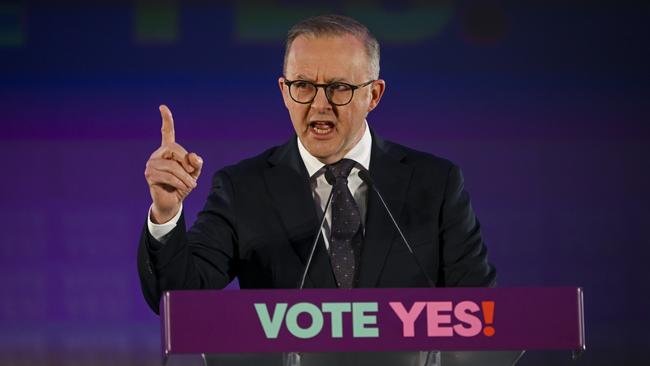
Our parliamentarians are responsible for the rules used by the AEC to conduct the referendum. They are also responsible for ensuring the community understands this and that the integrity of the referendum is intact.
Whatever the outcome on October 14, Australians can be assured the ballot will be free and fair. Our senior leaders should think again before fuelling claims to the contrary. The merits of the voice are fair game for debate, but this should not extend to making false claims that undermine our democracy.
George Williams is a deputy vice-chancellor and professor of law at the University of NSW.

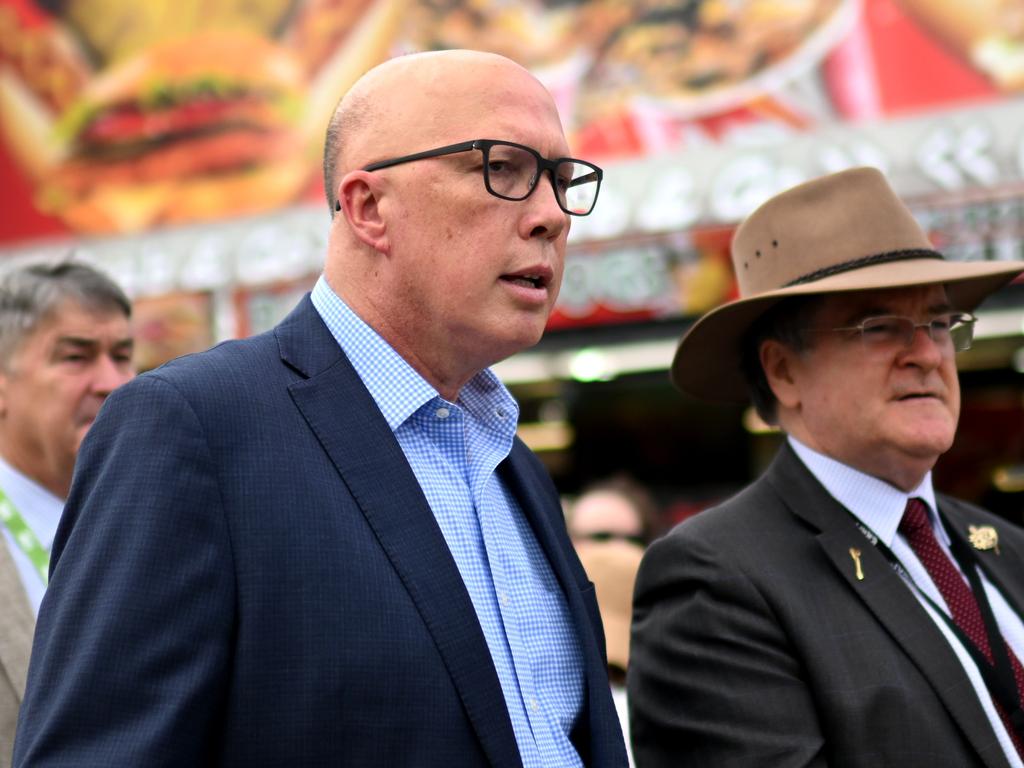




Disturbing signs have emerged that American-style election denialism is infecting the voice campaign. The No case signalled this by attacking the integrity of the vote. This goes well beyond social media hashtags such as #StopTheSteal. Opposition Leader Peter Dutton has said the poll is “rigged” and that the Prime Minister has “tried to orchestrate” this from “day one”.